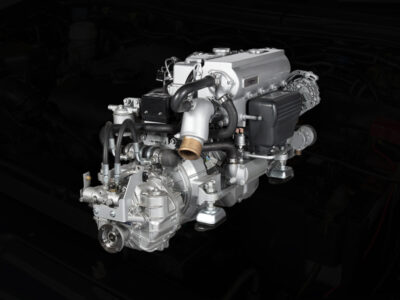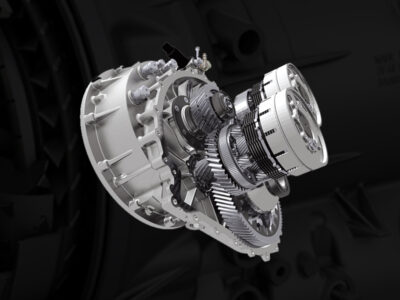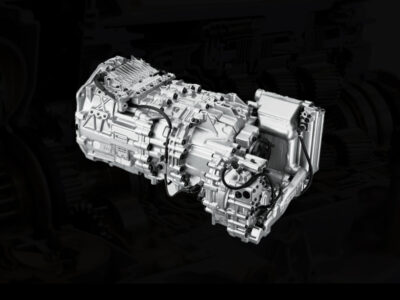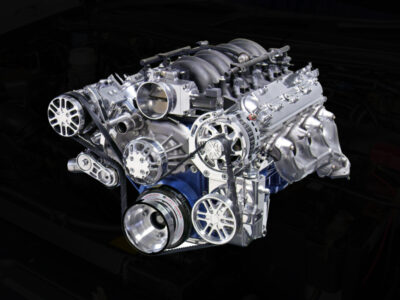
Maintaining a used car engine requires diligence and regular care to ensure it runs efficiently and lasts for years. A well-maintained engine not only improves performance but also saves you from costly repairs down the road. Whether you’re a seasoned car owner or new to vehicle maintenance, these 10 practical tips will help you keep your used engine in top shape.
Maintenance Tips for Used Car Engine
1. Regularly Check and Change Engine Oil
Engine oil is the lifeblood of your used car engine, lubricating moving parts and reducing wear. Check oil levels monthly and ensure it’s clean and at the proper level. Change the oil and filter every 3,000 to 5,000 miles, depending on your vehicle’s requirements. Using the manufacturer-recommended oil grade ensures optimal performance.
2. Monitor Coolant Levels
The cooling system prevents your engine from overheating, a critical factor for used car engines. Check coolant levels regularly, especially before long trips, and top off with the correct coolant type. A well-maintained cooling system keeps your engine at the right temperature, extending its lifespan.
3. Replace Air Filters as Needed
A clean air filter ensures your used car engine gets the oxygen it needs for efficient combustion. Inspect the air filter every 12,000 to 15,000 miles or during routine maintenance. Replacing it is a simple, cost-effective task that boosts performance.
4. Keep the Fuel System Clean
Over time, deposits can build up in fuel injectors and lines, especially in a used engine. Use a fuel system cleaner every 10,000 miles or as recommended by your vehicle’s manual. Regularly inspect fuel filters and replace them if clogged.
Why Fuel System Maintenance Matters
Dirty fuel injectors can cause rough idling or poor acceleration. By maintaining the fuel system, you improve gas mileage and reduce emissions. Check for signs like sluggish performance, which may indicate a need for cleaning or parts replacement.
5. Inspect Belts and Hoses
Belts and hoses in your used engine are prone to wear over time. A broken serpentine belt or burst hose can cause severe engine damage. Replace worn components promptly to avoid breakdowns. Keeping spares on hand can be a lifesaver during unexpected failures.
Don’t miss: DIY Guide: How to Install a Used Transmission in Your Vehicle
6. Monitor Spark Plugs and Ignition System
Spark plugs ignite the air-fuel mixture in your engine, and worn plugs can lead to misfires or reduced efficiency. Check spark plugs every 30,000 miles and replace them if they show signs of wear, such as fouling or corrosion. Inspect ignition coils and wires for damage.
Signs Your Spark Plugs Need Attention
- Rough idling or stalling
- Difficulty starting the engine
- Decreased fuel economy
Replacing spark plugs is a straightforward task that can significantly improve your engine’s performance.
7. Pay Attention to Warning Lights
Modern vehicles are equipped with sensors that detect engine issues. Addressing issues early prevents minor problems from becoming major repairs. Regular diagnostics keep your used engine running smoothly.
8. Maintain Proper Tire Pressure
While not directly part of the engine, tire pressure affects how hard your engine works. Check tire pressure every month and keep it at the recommended level. This simple step improves fuel efficiency and reduces strain on your engine.
9. Drive Smart to Reduce Engine Stress
Avoid aggressive driving, such as rapid acceleration or hard braking, which puts unnecessary stress on the engine. Warm up the engine for a minute before driving in cold weather, and avoid idling for long periods. Smooth driving habits extend the life of your engine and other components.
Driving Tips for Engine Health
- Accelerate gradually to reduce wear on engine parts.
- Avoid overloading your vehicle, as excess weight strains the engine.
10. Schedule Regular Tune-Ups
Regular tune-ups are essential for maintaining your used engine. A professional mechanic can inspect critical components, such as the timing belt, battery, and exhaust system, to ensure everything is in order. Tune-ups catch potential issues early and keep your engine performing at its best.
Bonus Tip: Use Quality Replacement Parts
When replacing engine components, opt for high-quality parts that match your vehicle’s specifications. Low-quality parts may save money upfront but can lead to premature failures. This is especially important for older vehicles where OEM parts may be hard to find.
Keep Learning About Car Maintenance
Want to dive deeper into car care? Explore our blog for expert maintenance tips, DIY tricks, and advice to keep your vehicle running smoothly, efficiently, and safely. Stay informed and extend your car’s life with trusted insights from A111 Auto Parts.
Wrapping Up
Maintaining your used car engine doesn’t have to be overwhelming. By following these tips: regular oil changes, monitoring coolant, replacing air filters, and more you can keep your engine running smoothly and avoid costly repairs. Consistent care ensures your vehicle remains reliable for years. For quality used auto parts to support your maintenance needs, A111 Auto Parts offers a wide selection of reliable components to keep your car in top shape. Reach out to us today to find the parts you need at affordable prices.





